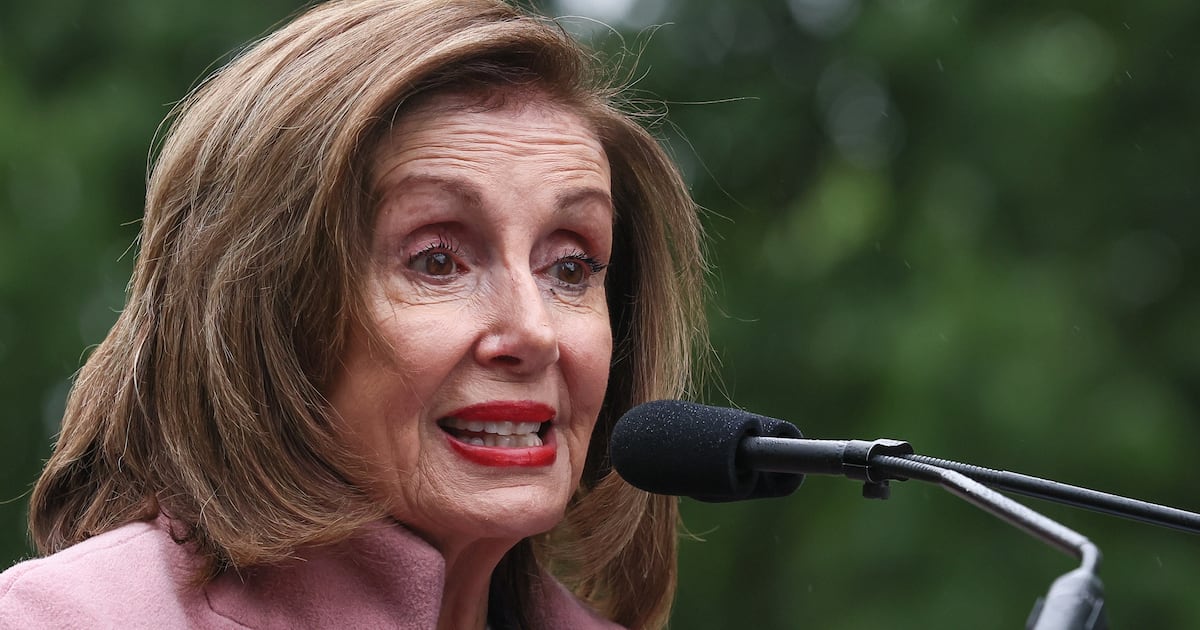
On the eve of Honduras’ November 29 election, the country faces political gridlock. The two presidential contenders maintain widely differing interpretations of a recent U.S.-brokered accord.
Thus far, much of the international community’s recognition of the election, and whatever government will result from it, remains largely contingent upon the restoration of ousted President Manuel Zelaya. However, the future of Honduras, and the legitimacy of its next government, must ultimately be determined by Hondurans through a free and fair election. It will not be surprising that many foreign regimes may initially withhold recognition. However, once a newly democratically elected government proves responsible, no nation in the Americas or beyond has reason to withhold diplomatic recognition.
The majority of Hondurans clearly reject the militant rhetoric of revolution and polarizing politics of class warfare.
For most ordinary Hondurans, life after Zelaya has already begun. They simply want to move on—to embark upon a new beginning with a new president who is prudent, speaks and acts with moderation, and ensures that stability prevails. The majority of Hondurans clearly reject the militant rhetoric of revolution and polarizing politics of class warfare. This injects animosity into society and creates a hostile environment permissive to violence, fear, and intimidation. Ordinary Hondurans deserve a better society, one in which change and reform occurs through evolution and not revolution.
Removing an elected president at gunpoint does indeed set a bad precedent for Latin America. However, Mr. Zelaya’s behavior as chief executive, in the weeks leading to his ouster, sets an even worse precedent for the region and beyond. It simply discounted any expectation of his return to office with a degree of actual power.
Realistically, Zelaya should have settled for an exit from office in an official ceremonial capacity. Honduras’ supreme court, congress—and even Zelaya’s own party—opposed his decision in June to conduct a referendum which was ultimately designed to extend his stay in power with less than a year left in his presidency.
Zelaya’s defiance of a court order to stop the referendum led the supreme court to order his arrest, which triggered the series of events resulting in his removal.
This ugly chapter in Honduras leaves a blemish on much of the region’s overall positive emergence from dictatorship to democracy since the end of the Cold War. It underscores the importance of responsible political leadership. Above all, it shows how the politics of moderation must triumph over the politics of populism. Since social conditions and political circumstances vary from country to country, it is clear that one size or model does not fit all states of the region. However, it is even clearer that places like Chile, Brazil, and Uruguay do provide guidance, encouragement, and indispensable lessons—while others like Venezuela and Nicaragua remain quintessential case studies on how not to pursue reform.
Ordinary citizens must beware of populist wolves disguised as freedom-loving lambs. They need to support leaders who focus on realistic results and calibrate rhetoric accordingly. Entering the final year of his second presidential term, Brazil’s Luiz Inácio Lula da Silva stuck to this script and is already reaping rewards as his nation surges regionally and globally. When Uruguay’s Tabare’ Vasquez assumed office, many feared a radical agenda due to his past associations with 1970s left-wing guerrilla movements. He now leaves office with high approval ratings, the respect of his opponents, and admiration throughout Latin America. Even as Chile’s center-left President Michele Bachelet steps down with enormous poll numbers, Chileans are prepared to elect the opposition party’s candidate, Sebastian Pinera, as president. Pinera would be Chile’s first center-right president since General Augusto Pinochet left power and democracy was restored nearly 20 years ago. These peaceful and orderly transitions of government through the ballot box demonstrate the political maturity of elected and electors and their ability to overcome the past.
On the other hand, Latin America’s regional rabble-rouser, Venezuelan President Hugo Chavez, will exploit any opportunity at home and abroad, whether in Honduras, Colombia, or elsewhere, to preserve and extend his political survival. The objective is to boost his falling poll numbers, crack down on his opposition as traitors, and distract ordinary Venezuelans from mounting domestic difficulties ranging from regular blackouts to increasing water shortages. All this, in one of the world’s most energy-rich and mismanaged countries.
The days of dictatorship have ended in many parts of Latin America, where political development has gone beyond the point of no return. However, the threat remains real in other places, particularly where unequal access to opportunity prevails. The old Marxist rhetoric of class struggle and equality is illusory. Class differences will always exist.
The pursuit of equitable distribution of wealth must be replaced with the more realistic equitable distribution of opportunity. Therefore, the emphasis should be on establishing an environment that provides ordinary citizens access to the means and prospects to compete on a more level playing field.
Marco Vicenzino provides global political risk analysis for corporations and regular commentary on world affairs. He directs the Global Strategy Project in Washington, D.C., and can be reached at msv@globalsp.org.






